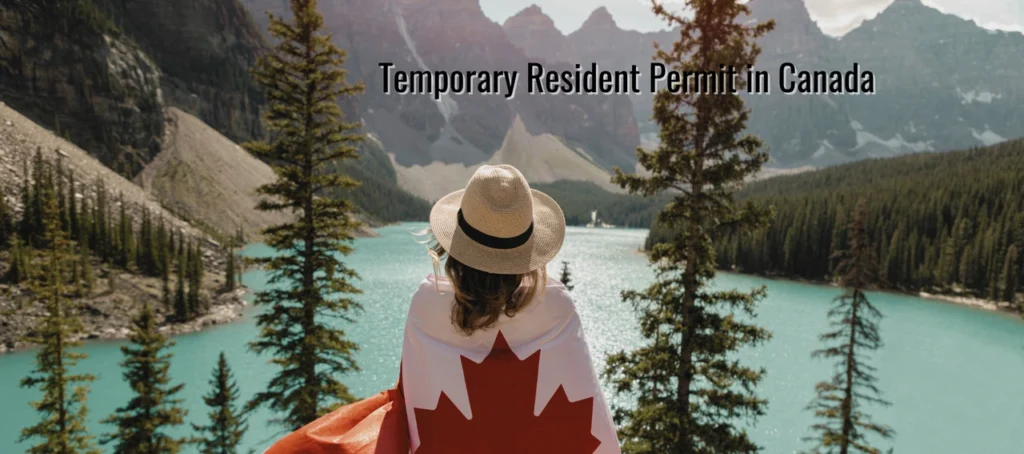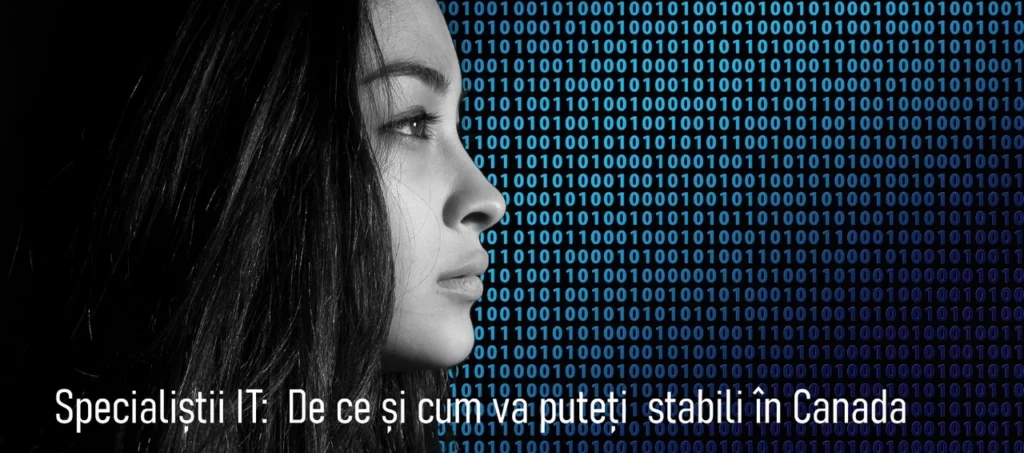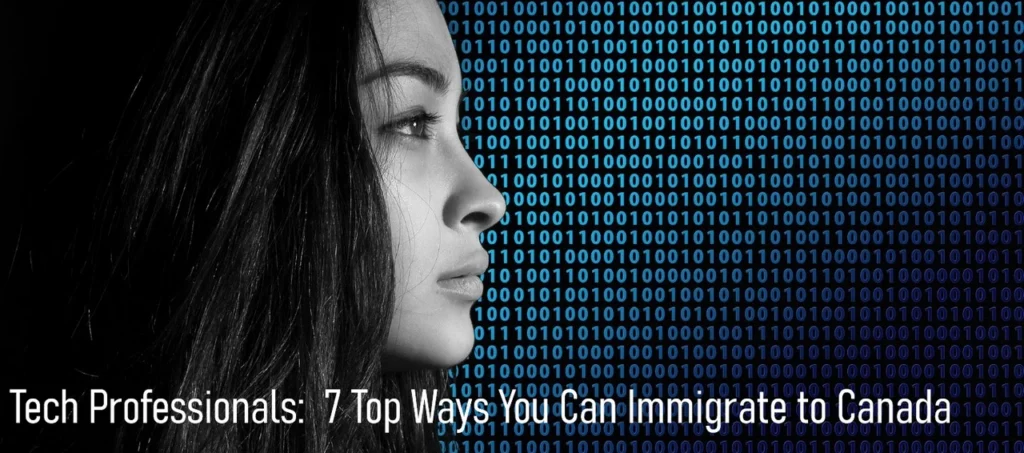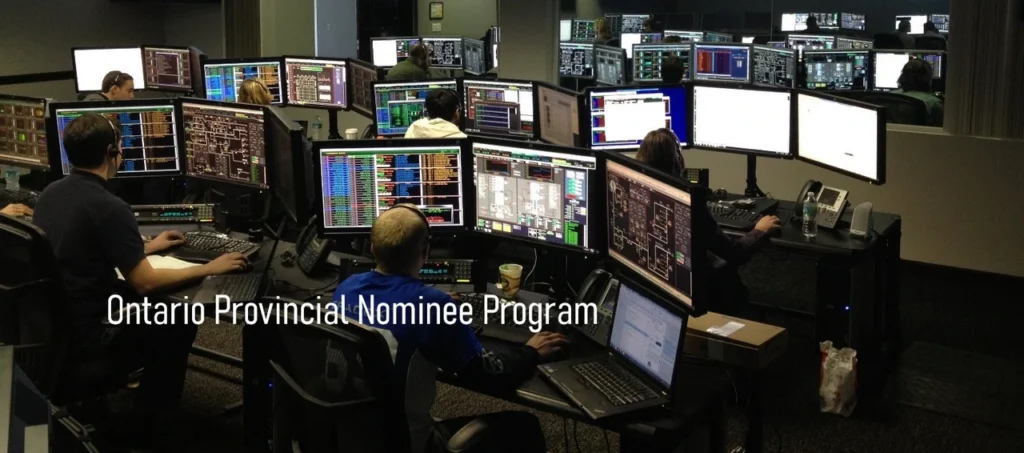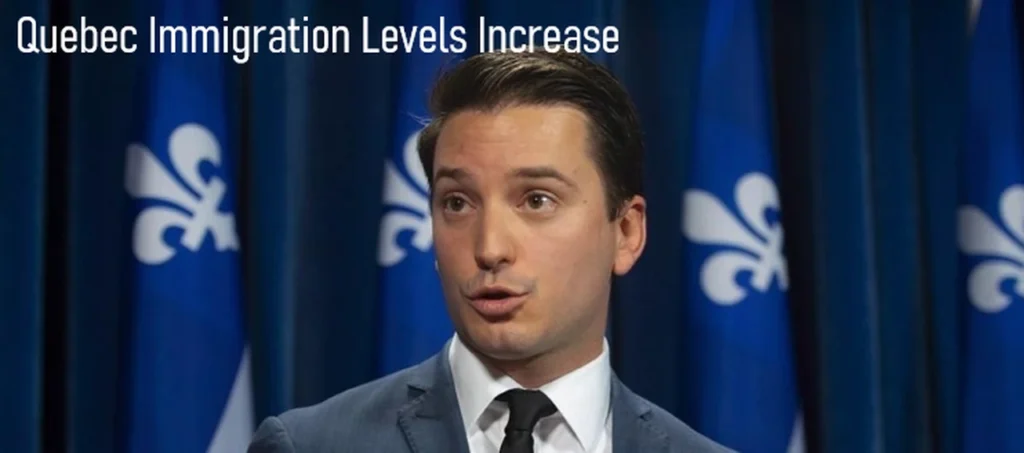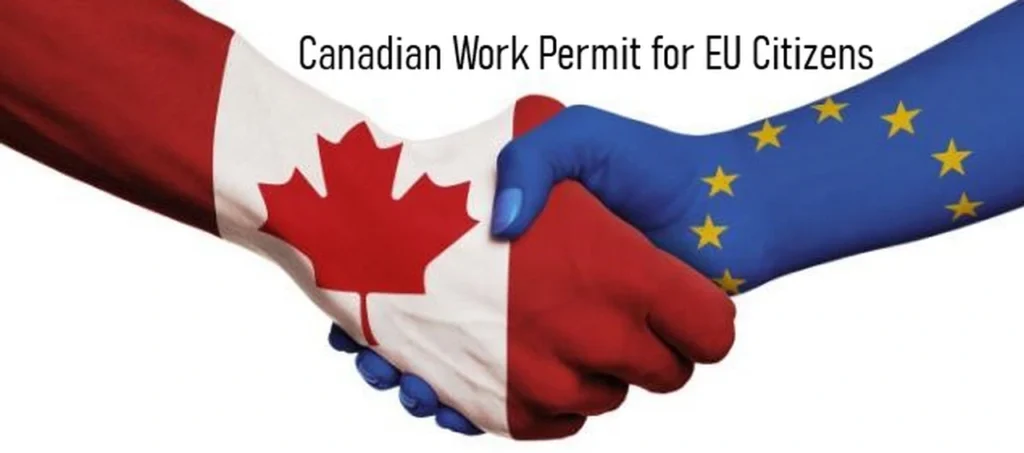Obtaining a Temporary Resident Permit in Canada
Criminal Inadmissibility Terms and Conditions If you have a criminal record, you’ll need to maintain a valid TRP until the inadmissibility rule is removed for you specifically. This is also essential if you have a record and are seeking rehabilitation in Canada – in such instances, you’ll need to complete what is known as an […]
Obtaining a Temporary Resident Permit in Canada Read More »


